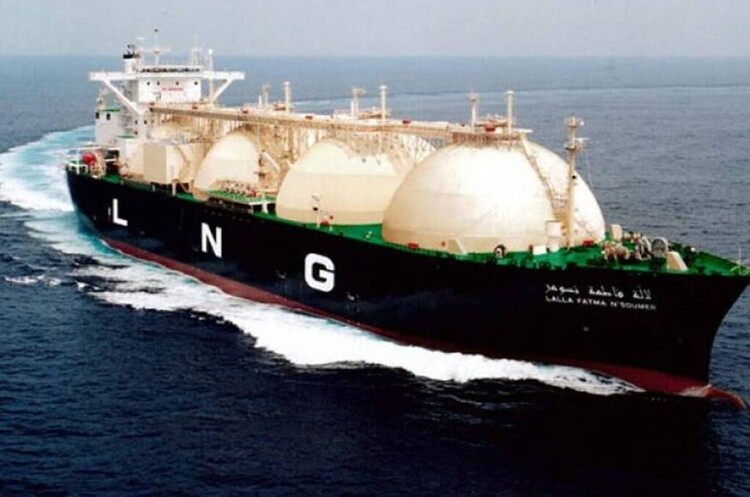European Parliament recognizes that the price ceiling on Russian oil is ineffective
Current price restrictions still allow Putin's regime to make significant profits, MEPs recognized

The European Parliament has adopted a resolution calling for tougher sanctions against Russia and, in particular, the Russian oil and gas sector. The deputies recognized that European companies are widely circumventing restrictions on Russia, and the introduction of an oil price ceiling does not prevent Russia from selling oil to Europe at a higher cost.
"Since August 2023, it has become apparent that Russia is finding new ways to circumvent the price ceiling set under oil sanctions, and prices for Russian oil on world markets have begun to rise," the document says. "Russia has managed to redirect crude oil exports from Europe to alternative markets such as India, China and Turkey. At the same time, imports from India to the EU of petroleum products made from Russian oil have increased dramatically, which has effectively created a back door for Russian oil to Europe and undermined the impact of sanctions."
MEPs note that in the total volume of oil transported by EU vessels in 2022 and 2023, Russian oil accounted for the largest share."
The document emphasizes that the share of revenues from energy exports accounted for a third of the total revenues of the Russian federal budget. After the introduction of the price ceiling in 2022, Russia's energy export revenues dropped significantly compared to pre-war levels, but recovered in the first half of 2023, rising to their highest level since November 2022.
The authors of the resolution cite the cost of Russian oil production. The cost of crude oil is four times lower than the established price ceiling ($15 versus $60), while the cost of diesel fuel is 2.2 times lower ($20 with a ceiling of $45):
"Thus, the current price restrictions still allow the Putin regime to make significant profits." Since March 2023, a barrel of Urals crude oil has risen in price by almost one and a half times, to $70.5.
The European Parliament called on EU countries to work with the G7 to significantly reduce prices for Russian oil and oil products, to impose a complete ban on imports of Russian LNG and LPG to the EU, as well as a ban on imports of fuel and other oil products from non-EU countries if these products are produced using Russian oil, and to ban exports of Russian oil and LNG through EU countries.
Background. Earlier, Bloomberg wrote that the head of Rosneft found a way to sell Russian oil to circumvent sanctions.
If you have read this article to the end, we hope that means it was useful for you.
We work to ensure that our journalistic and analytical work is of high quality, and we strive to perform it as competently as possible. This also requires financial independence. Support us for only UAH 196 per month.
Become a Mind subscriber for just USD 5 per month and support the development of independent business journalism!
You can unsubscribe at any time in your LIQPAY account or by sending us an email: [email protected]



